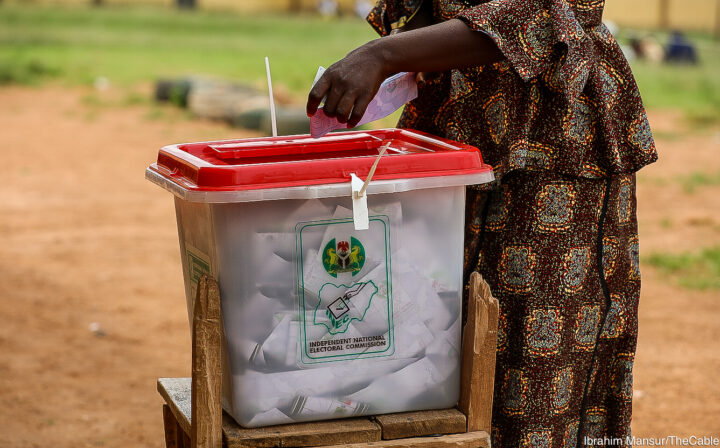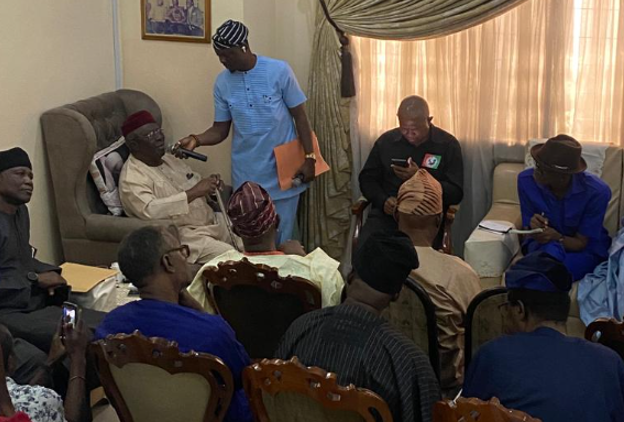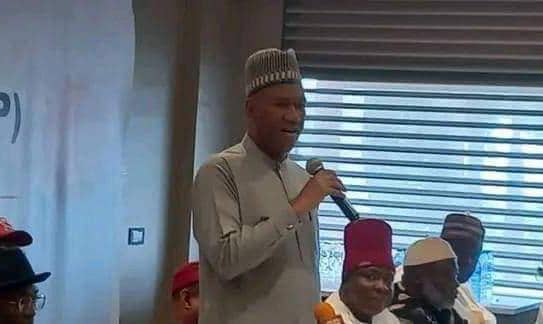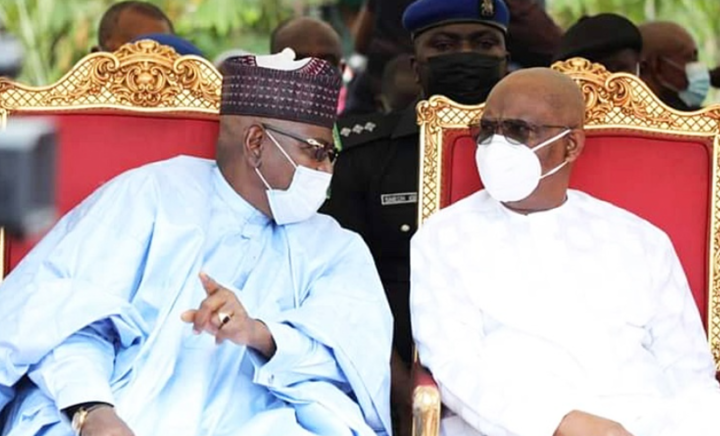The Economic and Financial Crimes Commission (EFCC) has kicked against the establishment of the National Electoral Offences Commission.
Abdulrasheed Bawa, chairman of EFCC, said the Independent Corrupt Practices and Other Related Offences Commission (ICPC), the police, EFCC and other law enforcement agencies are already empowered by extant laws to investigate and prosecute electoral crimes.
Bawa, who was represented by Deborah Ademu-Eteh, assistant commander at the EFCC, spoke on Tuesday at a public hearing organised by the house of representatives committee on electoral matters for a bill to establish the National Electoral Offences Commission.
“There is no need to create an agency solely for the purpose of investigating and prosecuting electoral offences most especially when our electoral process is seasonal in nature and elections are held once in four years in the country,” Bawa said.
Advertisement
“Furthermore, it is our suggestion that the existing law enforcement agencies should be strengthened to achieve maximum output instead of creating a new agency for investigation and prosecution of electoral offences in the light of the ongoing plan to implement the Oronsanye Committee’s proposal by the Federal Government Of Nigeria.”
Meanwhile, stakeholders and civil society organisations (CSOs) spoke in favour of the bill.
In its presentation, Cleen Foundation recommended that representatives from the Federal Road Safety Commission (FRCN) and Nigeria Correctional Service (NCS) should be included as members of the commission.
Advertisement
The Centre For Transparency Advocacy (CTA) and West African Civil Society Forum said key stakeholders from CSOs should also be added as members of the commission.
“We observed the conspicuous absence of CSOs in the commission. We recommend they be added since they are also front liners on the field. The number of women in the committee should also be increased to at least 35% in line with gender policy,” CTA said.
THE BILL
The bill seeks to provide the legal framework to establish and empower the National Electoral Offences Commission to investigate and prosecute electoral offences.
Advertisement
It also proposes to establish the investigation, legal and prosecution unit that will be responsible for dealing with matters connected to mutual international assistance in criminal matters involving electoral offences.
The bill proposes N10,000,000 or five years jail term for any officer or executive of any association or political party that contravenes the provision of clauses 221, 225(1), (2), (3) and (4) and 227 of the 1999 constitution.
Add a comment






